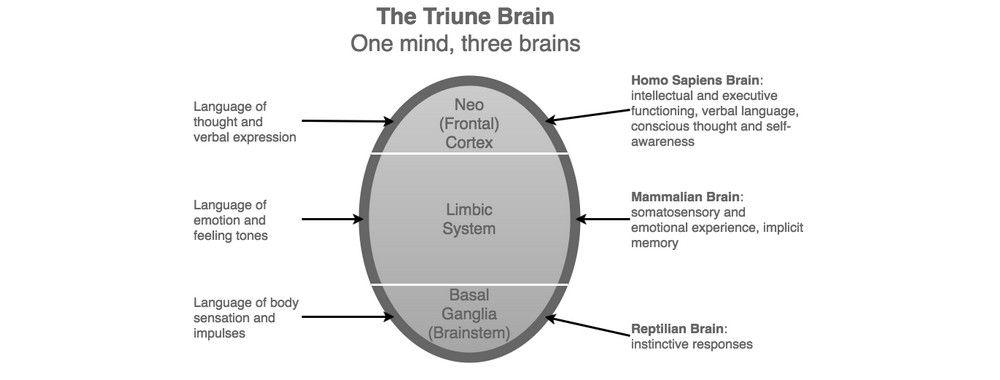Managing moderate to intense anxiety often involves a combination of techniques that address both the mind and body. Here are some effective strategies:
1. Breathing Exercises: Practice slow, deep breathing to calm your nervous system. For example, inhale for a count of four, hold for four, and exhale for four.
2. Progressive Muscle Relaxation: Tense and then relax each muscle group in your body, starting from your toes and working upward.
3. Grounding Techniques: Use the 5-4-3-2-1 method to focus on your senses—identify 5 things you see, 4 you feel, 3 you hear, 2 you smell, and 1 you taste.
4. Mindfulness and Meditation: Engage in mindfulness practices to stay present and reduce anxious thoughts. Apps like Headspace or Calm can be helpful.
5. Physical Activity: Exercise, even a short walk, can release endorphins and reduce anxiety levels.
6. Cognitive Behavioural Techniques: Challenge negative thoughts by questioning their validity and replacing them with more balanced perspectives.
7. Healthy Lifestyle Choices: Maintain a consistent sleep schedule, eat nutritious meals, and limit caffeine and alcohol intake.
8. Journaling: Write down your thoughts and feelings to process them and identify triggers.
9. Social Support: Talk to trusted friends, family, or support groups to share your experiences and gain perspective.
10. Professional Help: If anxiety persists, consider seeking therapy or counselling. Techniques like Cognitive Behavioural Therapy (CBT) or medication prescribed by a professional can be highly effective.
When traditional strategies don’t seem effective for managing intense, chronic anxiety, there are additional approaches you can explore:
a. Therapeutic Modalities:
Acceptance and Commitment Therapy (ACT): Focuses on accepting anxious thoughts rather than fighting them, while committing to actions aligned with your values.
Dialectical Behavior Therapy (DBT): Combines mindfulness with skills for emotional regulation and distress tolerance.
Eye Movement Desensitisation and Reprocessing (EMDR): Often used for trauma-related anxiety, it helps reprocess distressing memories.
b. Medication:
Anti-anxiety medications or antidepressants may be prescribed by a psychiatrist. These can help manage symptoms when therapy alone isn’t sufficient.
c. Lifestyle Adjustments:
Explore dietary changes, such as reducing sugar and processed foods, which can impact mood and anxiety levels.
Incorporate consistent physical activity tailored to your preferences.
d. Support Groups:
Joining a group for individuals with anxiety can provide a sense of community and shared understanding.
e. Intensive Programs:
Consider enrolling in an intensive outpatient program (IOP) or residential treatment program for anxiety, which offers structured and comprehensive care.
f. Emerging Treatments:
Research into treatments like ketamine therapy or transcranial magnetic stimulation (TMS) shows promise for treatment-resistant anxiety.
g. Alternative Therapies:
Practices like acupuncture, yoga, or tai chi can promote relaxation and reduce anxiety.
Biofeedback and neurofeedback can help you gain control over physiological responses to stress. They are techniques that help individuals gain control over certain physiological and mental processes. Here’s a breakdown:
i. Biofeedback is a mind-body therapy that uses sensors to monitor physiological functions like heart rate, muscle tension, breathing, or skin temperature. The goal is to provide real-time feedback to help individuals learn how to regulate these functions consciously. For example:
Heart Rate Variability Biofeedback: Helps manage stress by teaching control over heart rate.
Muscle Tension Biofeedback: Useful for conditions like chronic pain or tension headaches.
By practicing biofeedback, people can develop skills to manage stress, anxiety, and other health conditions2.
ii. Neurofeedback, a specialised form of biofeedback, focuses on brain activity. It uses electroencephalography (EEG) to monitor brainwaves and provides feedback to help individuals regulate their brain function. For instance:
It can help with conditions like ADHD, anxiety, depression, and PTSD.
During a session, individuals might watch visual cues or listen to sounds that reflect their brainwave activity, learning to adjust their mental state for better focus or relaxation4.
Both techniques are non-invasive and can be effective tools for improving mental and physical well-being.
IMPORTANT NOTE: It’s necessary to consult with a mental health professional or medical doctor to tailor these options to your specific needs.


